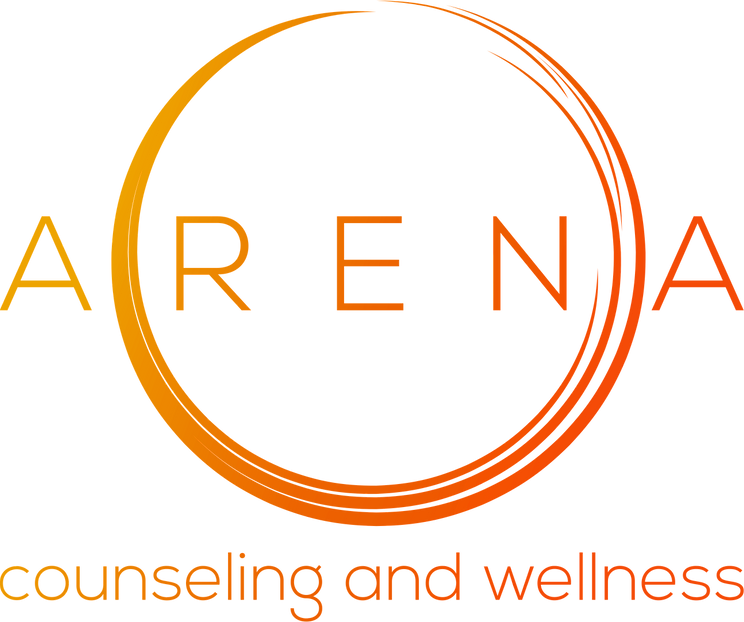Group Therapy in Gainesville, FL
What is it?
Group Therapy is the treatment of multiple patients at once by one or more healthcare providers. It can be used to treat a variety of conditions, including emotional trauma, anxiety, depression, post-traumatic stress disorder (PTSD), substance use disorder, and attention deficit hyperactivity disorder (ADHD).
Learn More
Frequently Asked Questions
-
Are there any types of group therapy?
Group therapy can be categorized into different types, depending on the mental health condition. The most common therapy groups are:
- Interpersonal groups: they focus on interpersonal relationships and social interactions.
- Cognitive behavioral groups: they center on identifying distorted thinking patterns, emotional responses, and behaviors.
- Psychoeducational groups: they focus on educating about disorders and ways of coping.
- Support groups: these provide lots of benefits for people with a variety of mental health conditions.
-
What are the benefits of group therapy?
- Support, encouragement, and safety: group therapy allows people to receive support from other members of the group who are going through the same thing.
- Cost-efficiency: a reduction in the cost of these sessions can increase the accessibility of therapy for members, as costs are often covered by insurance.
- Development of social skills: group members can give and receive feedback that can help them engage in social interactions outside the therapy.
- Catharsis: by sharing their pain, feelings, and experiences, people release anger and emotions. This can lead to insights into the way people perceive life.
-
What are some issues that can occur during group therapy?
- Conflict: it is natural and expected in any group therapy session. The therapists are not required to solve the conflict; however, they must inform how to deal with it.
- Patients who ramble: sometimes, patients may continue to talk for an extended period of time. If they are still determining why they need to dominate the conversation, the therapist could use this to teach them how to express themselves better.
- Lack of engagement: therapists must be aware of their patient's limits, however, if they resist, the therapist must respect their wishes.
-
Is group therapy for me?
There are some things that you or someone you love should consider:
- You may need to try a few groups: you may need to try a few groups before you find the one that fits you perfectly. Think about your needs and what makes you feel comfortable.
- You need to be open to sharing: if you struggle with social anxiety, sharing personal things with a group might not be right for you.
- It’s not meant for crises: if you are having a crisis of suicidal thoughts, individual therapy is a better choice for you.
Group therapy is sometimes used alone, but it is also commonly integrated into a comprehensive treatment plan that also includes individual therapy.
In a study published in 2014, researchers realized that 44% of individuals with depression who received group cognitive behavioral therapy (CBT) reported significant improvements. One of the goals of group therapy is to bring people who share similar experiences together, and it can be especially helpful for people with limited access to mental healthcare, such as those in low-income areas where healthcare clinics are understaffed.
How it works





